Several years ago, my sister and I traveled to South Africa. Halfway through our trip we went out with three tour guides, who self-identified as black, white, and colored per South African terminology. And over beers that night we had the most open-minded and open-hearted conversation about race I’d ever participated in. They shared their experiences living under apartheid and what aspects of their current lives they attributed to the aftermath. They described their impressions of the truth and reconciliation process. They talked about reparations and what that could look like. I was startled both by the way this mixed-race group engaged with each other around the topic of racism and the way they brought us, two white women from America, into the conversation.
And it made me realize how rarely as a white person in America I’d participated in conversations about race. I had often thought that it wasn't my place to say anything. But over the past couple of years, as I’ve been self-educating and engaging in workshops and a book group, it’s become obvious I have a lot more learning and listening to do. And more speaking up to do. And I know words aren’t enough. They need to be followed by action. I’m committed to being anti-racist. I’m still learning how to do that. i’ll inevitably make some mistakes. But I’m no longer going to keep fear of messing up keeping me from speaking up. As one protest sign I saw recently said, “Sorry I’m late. I had some learning to do.”
Black Lives Matter.
I’m paying special attention to the ways my personal and professional interests in urban planning, housing, and ecosystems intersect with racism in America, and in particular its impacts on Black and Indigenous communities. The ways that African American neighborhoods have been bisected and, in some cases obliterated, by “urban renewal” projects and highway projects. The ways that segregation has been perpetuated through redlining, preventing Black families from homeownership. The ways that Indigenous people have been systematically murdered, displaced from their land and resources, and separated from their families.
I recognize, as so many others have said, that learning about racism instead of living it is irrefutable evidence of white privilege. I’ve been following the news, learning the names and the stories of Black people who have died at the hands of police, listening to books and podcasts and memoirs written by Black, Indigenous, and People of Color. To honor Juneteenth yesterday (which I am embarrassed to say I just learned about this year!) I donated my stimulus check to a variety of organizations that support BIPOC communities. I acknowledge that it’s too little, too late. It’s a starting point.
I’m white. I’m learning. I’m listening.
May this be America’s reckoning. May this be when we engage in tough (and heartfelt and open-minded) conversations. May this be when we shift funding from police and mass incarceration to invest in BIPOC communities. May this be when we address instead of just acknowledging inequalities. May this be when we begin reparations. May this be the pivot point.


